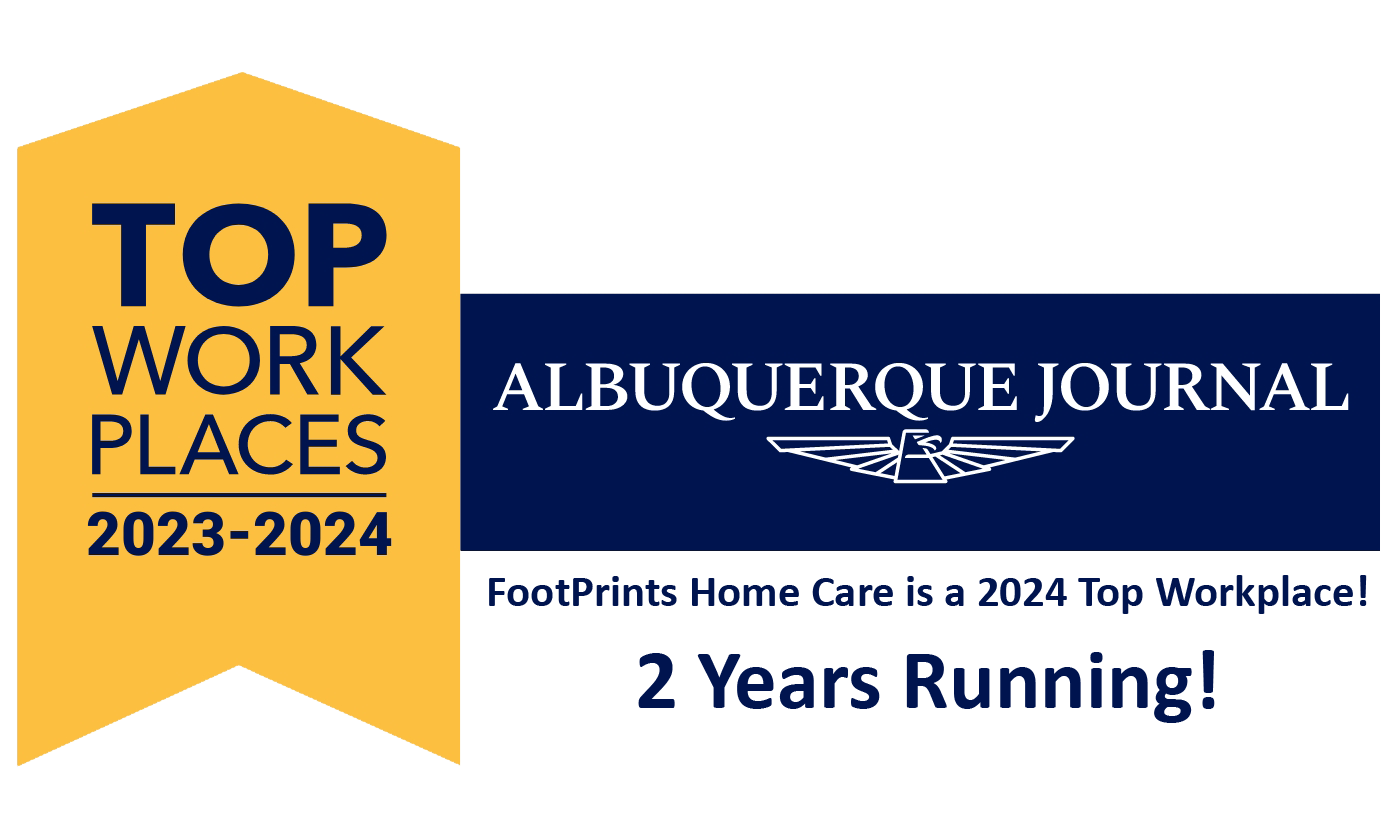The Bureau of Labor Statistics reports that job opportunities for Personal Care Aides (their “official” term for caregivers) are projected to grow by 49 percent between 2012 and 2022, significantly outpacing the average for all occupations. These estimates are in anticipation of the impending retirements of 76 million baby boomers who are likely to require professional care in the coming years. It’s always a good idea to enter an industry with a bright future, so, what is and how can you become a caregiver?
What is a caregiver?
A caregiver is most simply defined as an individual that assists another with activities of daily living (ADL). ADLs are everyday experiences that maintain a basic quality of life like transferring, bathing, toileting, dressing, feeding, and personal hygiene. For many, these activities become difficult with age, and though they do not necessitate admission to a hospital or other medical facility, they do require some form of assistance. This is where caregivers enter in.
While assistance with ADLs is the primary function of caregivers, additional responsibilities exist. Caregivers frequently escort clients to doctor’s appointments and document the physican’s recommendations. Sometimes they complete basic household tasks like watering flowers or making the client’s bed. And much of their time is spent in a companionship role, conversing with and engaging their clients.
The continuum of care ranges from a few hours of time spent with a capable senior citizen that simply needs a human presence to full time care for an someone struggling with Alzheimer’s disease.
What makes a good caregiver?
 The two characteristics generally present in successful caregivers are empathy and patience.
The two characteristics generally present in successful caregivers are empathy and patience.
Empathy allows a caregiver to genuinely understand their client’s condition and to feel for them as a result. The effects of aging can be difficult to bear, especially those that result in declining physical abilities. A good caregiver recognizes this and provides care with an understanding that their client doesn’t just need physical assistance, they need encouragement and emotional support during a difficult time of life.
Patience is vital for caregivers when handling their client’s response to care. These responses range from slight irritability to outright anger and often stem from discomfort, confusion, or an embarrassment for needing care. Patient caregivers recognize that these “outbursts” are not personal and steadily fulfill their responsibilities for the good of the client, whether it is recognized or not.
How can I become a caregiver?
If you possess the qualities mentioned above, start looking for caregiving opportunities in your area. Home care agencies are a great place to start as they tend to have multiple openings and provide the necessary training. Requirements for home care jobs vary slightly but generally include:
- Minimum age of 18
- Valid driver’s license, car insurance, and a reliable vehicle
- Successfully pass a background screening and drug test
If the above are satisfied, begin submitting applications.
Opportunities for Advancement
Caregiving is not a static career and has many opportunities for advancement when the proper training is completed. Those seeking a new challenge after successfully mastering non-medical care often become a Certified Nursing Assistant (CNA). This distinction requires about 6 months of training and allows holders to perform medically-related tasks including medication administration, basic examinations, and assistance with medical equipment. And because it indicates a higher level of expertise, it is also accompanied by a pay raise.
Caregivers are also known to pursue careers in nursing as an LPN or RN. The experience gained in caregiving is invaluable for these positions.
Apply
Home care agencies are always accepting applications. They usually have a link to apply on their websites (ours can be found here). From there, you’ll be directed through an interview process that will determine if you are a good fit for the position and what clients your abilities will best serve. If training is required, you’ll be sent to complete it and other screening requirements like a drug test and background check. If no negative indicators arise when finished, a job offer typically follows.
Caregiving is a rapidly growing employment opportunity that allows those with an innate ability to help others monetize their skills. It has few barriers to entry and many openings that need to be filled quickly. If looking for work, caregiving jobs can be filled in a matter of days.


